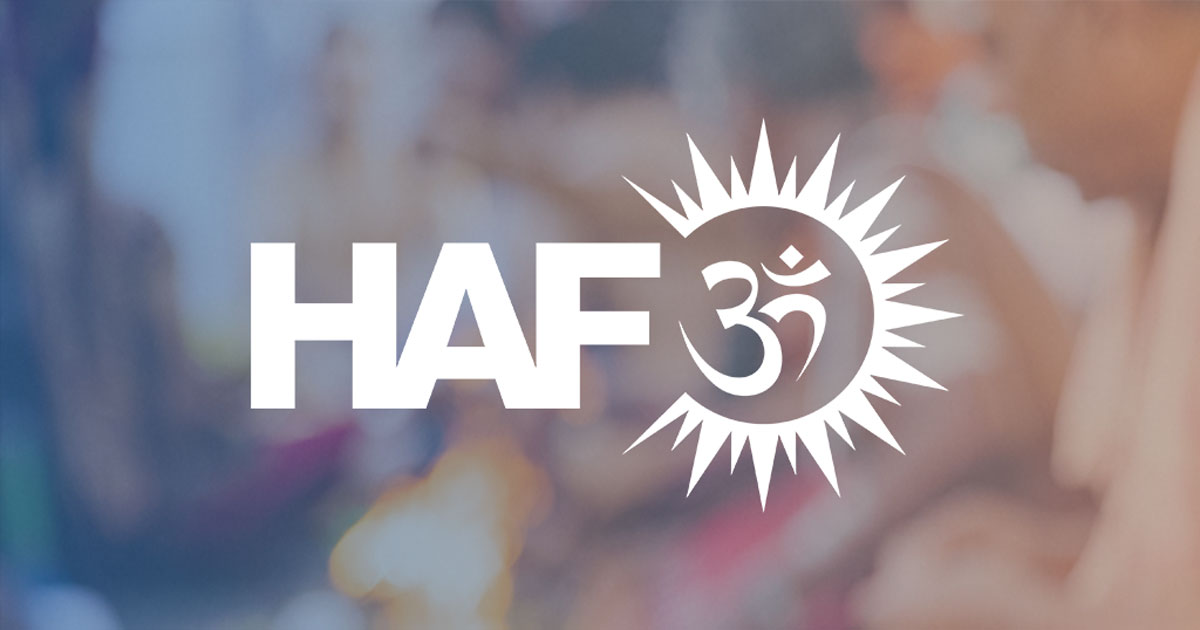
Health-care reform is an economic, political and medical issue. But On Faith panelist and evangelical leader Jim Wallis says it's also a "deeply theological issue, a Biblical issue and a moral issue." Do you agree? Why or why not?
Health care-reform–the phrase is as polarizing as it is inaccurate. The hospitals, pharmaceuticals, technology and physician training of the United States are arguably the most emulated globally today. People covet the novel therapeutic drugs created here; they aspire to have the robotic surgery instruments available to our surgeons–manufactured here–that would quicken their recovery by weeks; and doctors the world over aspire to train at our academic hospitals. Our health care system does not need wholescale reform. But what is a clear, absolute and, yes, our dharma–duty, is that our citizens must be able to access this incredible system here at home. The reform we need is health-care accessibility.
I am a surgeon, a physician, and the profession carries with it profound ethical responsibilities. As a Hindu, I do not subscribe to a Biblical injunction in rendering care to my patients, but I must abide by my dharma. I am by my Hippocratic oath, by my professional ethics required to do everything in my ability to preserve and improve the life of my patient–to simply help that person be whole again. My dharma, the essential nature of my calling, requires more. Swami Tejomayandanda, head of the Chinmaya MssionMission based in Mumbai, India, elaborates on this fundamental responsiblityresponsibility in his commentary on Hinduism’s Holy Scripture, the Bhagvad Gita. “True dharma is anything that nourishes, sustains, integrates and leads to prosperity in our society,” he writes. If my patient care is in any way predicated on a wallet biopsy–my patient’s financial or insurance status–or if I am motivated by greed, anger, jealousy–then my practice becomes adharmik–in violation of my dharma.
Dharma’s essential nature must govern, of course, an insurance executive’s work, the pharmaceutical representative, the hospital administrator–in essence, universality of dharmic ideals in our society can only lead to a prosperous society. There really is no better way.
Accept for a moment that our health care system–as a unit–is upholding its dharmic duty. Then accessibility could not logically be an issue. Health care must be accessible–yes, it is a right–for every American. And I do believe it a great shame that our system disinherits perhaps 10-15% of its population from accessing the benefits of our health care network. Clearly, we are collectively, as an industry, falling short of our dharmic responsibility to provide access to those left behind. It is our failure as an industry to remedy this shortcoming over decades that has opened the door for the big slap from Big Brother.
As we complete our dharmic circle, we come now, to all of us–the consumers of health care. We must also abide by the collective dharmic injunction–ensure the greater prosperity of our society. Health insurance, for example, must be made easier to purchase; but we must agree to buy it. Insurance cannot be denied for pre-existing conditions; but we must comply with our physican’s directives and work to wellness. PhysicansPhysicians should be mandated to offer preventive care and be held to better outcomes; but we must remove the Damocles Sword of the looming threat of a lawsuit with comprehensive and real tort reform.
Rights have responsibilities, and if health care is such a right, then everyone of us is responsible to control our weight, exercise daily, eat a healthy (vegetarian maybe?) diet, perform yoga and meditation and take our medicines.
Ambivalent, embittered, optimistic, sympathetic–all descriptive of my sentiments at different times and over different aspects of this latest reform effort. Practicing at an academic institution, I choose to recuse myself from the business of medicine as much as possible. I need not care if my patient is covered by the right insurance; I am empowered to care for every patient that crosses the threshold to my clinic. But someone pays–when I treat an uninsured patient, when my hospital writes off the 6 month hospitalization of an illegal immigrant who will not pay, when my operating room offers the care of a dozen nurses and surgeons to stabilize a trauma patient that is compensated at the very low state Medicaid rate–we all pay. We pay in higher income taxes, higher property taxes, cuts from our highway budget, higher charges to those who have private insurance and with those infamous $50 Tylenol pills.
In the end, I do believe that President Obama’s bold initiative will be massively pared down to these essentials: an insurance company cooperative where uninsured patients can purchase insurance at more reasonable rates; a mandate to purchase insurance with subsidies for those in financial hardship; more equity in Medicare reimbursement rates so that the same procedure in Minnesota costs the same as in Florida; financial support for preventive medicine, electronic medical records and other public health initiatives that will save billions into the future.
I do hope that our President’s dharmic quest for health care also combats the adharmic reality of frivolous malpractice lawsuits that all physicians endure. They force us now to order too many blood tests, too many MRI’s and too many screening procedures–not to mention higher fees to make up for massive malpractice insurance premiums–that could be avoided. Incredibly, this issue bears not a mention in any of the iterations of health care plans making the rounds today.
We are all stakeholders in the outcome of this healthcare debate, but the focus must be on increasing access. The illogical assumption that America–nearly thirty times the population of Sweden and incredibly more heterogenous or ten times the population of Canada–should accept a radical makeover and implement socialized health care here is quickly failing. We do not need a new health care system; but it is our moral, yes, dharmic, duty to ensure that every American is a stakeholder in the world’s preeminent health care available right now.








































